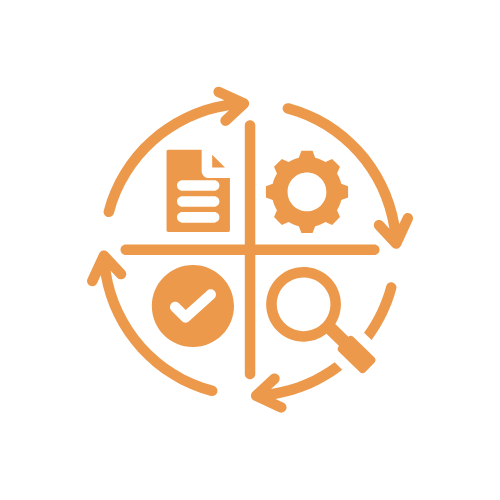The Future
Case Study: Smart Homes
1. Poli Analyser
- Enhanced Use Cases:
Extend PoliPoly’s evaluation to broader smart home environments, including multi-occupant households and scenarios with overlapping device usage (e.g., shared TVs, communal voice assistants). - Advanced Personalisation:
Refine the “criticality” rating process by incorporating machine learning or real-time feedback, aiming to detect emerging privacy concerns (e.g., unexpected sharing of activity logs with third-party advertisers). - Regulatory Toolkits:
Collaborate with consumer advocacy groups and regulators to develop automated compliance checks, ensuring major smart home manufacturers meet GDPR requirements through clear, accessible visual summaries of their data practices.
2. Privacy Quest
- Expanded Deployment:
Deploy arcade machines in diverse environments—such as libraries, community centers, and universities—to broaden the demographic coverage and refine privacy ontologies for varied use cases (e.g., children’s data, workplace surveillance). - Real-Time Regulatory Adjustments:
Use insights from the arcade game to inform policy amendments, highlighting “sensitivity gaps” (e.g., data types users find critical but not classified as “special” under GDPR). - Longitudinal Analysis:
Investigate whether exposure to the arcade game shifts user privacy attitudes over time or fosters more informed public discourse, bridging the gap between everyday experiences and legislative frameworks.
3. Federated Learning
- Scalability and Experimentation:
Conduct larger-scale experiments with more households to validate findings and confirm applicability in real-world scenarios. This includes employing more sophisticated aggregation methods and exploring the use of noise addition to local model parameters for differential privacy, safeguarding individual data while maintaining model efficacy. - Addressing Data Availability Challenges:
Investigate solutions for the challenges of intermittent device availability and delayed data, enhancing the applicability of Federated Learning (FL) in dynamic environments. - Optimisation and Advanced Techniques:
Explore advanced optimisation techniques, such as adaptive learning rates and dynamic communication protocols, to improve performance in real-world settings and strengthen FL’s role in privacy-sensitive applications. - Broader Applicability:
Evaluate the scalability of the FL approach with larger datasets and more households, providing insights into its broader applicability in smart energy systems and other areas.
4. Scope Review and Workshops
- Resources Development:
Design new harm-reducing tools and resources in response to identified contexts, scenarios, and user populations, addressing specific needs and vulnerabilities. - Stakeholder Engagement Feedback:
Collect feedback from workshop participants via email to gather optional feedback and comments for further refinement. - Stakeholder Report:
Consolidate analytic insights and outcomes from the research engagement into a comprehensive report for dissemination among participants, the public, and other stakeholders. - Academic and Knowledge Sharing:
Produce conference papers, journal publications, monographs, and other public-facing platforms to share findings with the wider academic and professional community. - Follow-up Projects:
Conduct further research in areas like smart home harms, design, and regulation in different regions (e.g., Africa), with an expanded focus on technology abuse affecting older people and those with disabilities. - Toolkits for Educational Contexts:
Develop toolkits for schools and university students to extend the research findings and raise awareness in educational settings.





